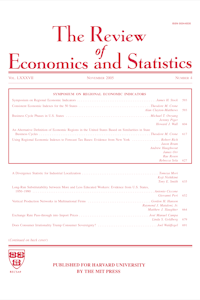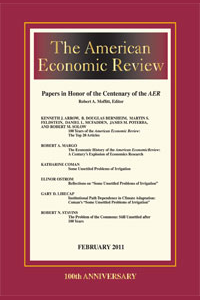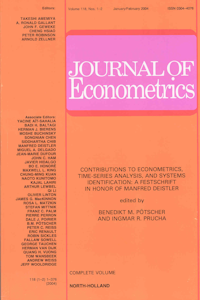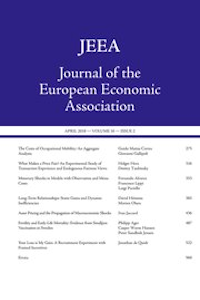
Fruehwirth, J. C.
Can achievement peer effect estimates inform policy? A view from inside the black box
Review of Economics and Statistics
Vol. 96(3) pp. 514-523 (2014)
Abstract: Empirical studies of peer effects rely on the assumption that peer spillovers can be measured through observables. However, in the education context, many theories of peer spillovers center around unobservables, such as ability, effort or motivation. I show that when peer effects arise from unobservables, the typical empirical specifications will not measure peer effects accurately, which may help explain differences in the magnitude and even sign of peer effect estimates across studies. I further show that under reasonable assumptions these estimates cannot be applied to determine the effects of regrouping students, a central motivation of the literature.
JEL Codes: I20, C31
Author links:
Publisher's Link: http://www.swetswise.com/swoc-web/details.html?journalId=175511&yevoId=99246593 ![]()



